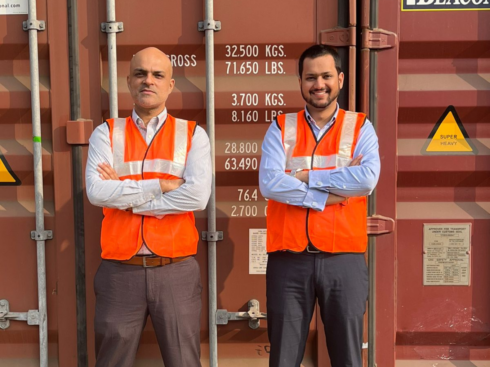
SUMMARY
Providing Value First And Capturing It Post The Endowment Effect Is A Fantastic Business Model.
We value things we own much more than the things we don’t own. It’s called the endowment effect. This goes well with our intuition that other people don’t value our things as much as we do. But it isn’t just that other people devalue what we have. Experiments show that if we reverse the roles, our willingness to pay is much less for the same product that we were earlier owning (and were demanding a high price for).
How does this disparity in selling price and purchase price occur? It occurs because buyers don’t have perfect information about a product and cognitively what “jumps” in the mind of a seller is benefits of the product or service (while seller focuses on costs).
While considering a transaction, the seller automatically focuses on positive aspects of the product (how good is the view from the balcony, close proximity to a market, etc.). But for a buyer what “jumps” first is the negative aspects (there’s noise from the road, noisy neighborhood, etc.). This intuition is confirmed by research. Sellers of lottery tickets gaze longer at the top prize while buyers spend their time gazing on the lowest prize available.
Information asymmetry also plays a role here. Sellers know about their products perfectly. But buyers have to rely on what sellers tell them (or through other people’s experiences). This gives rise to the discrepancy between what sellers are willing to accept and what buyers are willing to pay.
Free Trials Work Because Of Endowment Effect
Users upfront aren’t able to imagine all the benefits (that seller is aware of) and because of mistrust, what jumps in their mind is the costs (time, effort, money). Free trials enable users to own the service (or a product) first and then pay for it. For endowment effect to kick in, psychological ownership is required (not factual). So for users who fully use the service during the free trial, it effectively becomes theirs and they start valuing it higher than before.
Endowment effect also explains why for a startup, it’s a bad idea to ask for credit card details upfront. Even though a startup honestly assesses value their service gives to customers as $X and it communicates the same through brochures and website, customers have all the reasons to mistrust by default. To create a strong endowment effect, software businesses should prioritize getting the customer to experience positive aspects of the service as soon as possible. Providing value first and capturing it post the endowment effect is a fantastic business model.
Getting users to invest effort upfront also helps in increasing magnitude of the endowment effect. (But make sure you give them corresponding benefits for that investment along the way, otherwise, they’d leave.) Effort spent by users on a service increases the value of the service because humans value their own time/effort much more than they value it for others. When it comes to products, we’re egotistical creatures. And Facebook, Twitter, Instagram, Pinterest and other social networks take advantage of that. The more we use these networks, harder it becomes for us to leave them (in terms of deleting the account and losing data). Usage = loyalty.
Keep The Dresses: StichFix And Myntra
What many companies in the online fashion industry do is to let customers order multiple dresses (or shoes or sunglasses) with a promise that they can return the items that they don’t like for free of cost.
People think it’s a sweet deal but once they receive the package with multiple items, they start psychologically owning it and tend to return less (as compared to whether they would have bought the items in the first place). For fashion companies, an item that’s unreturned is extra revenue they wouldn’t have had otherwise.
Sour Grapes And Endowment Effect
Endowment effect also kicks in during appraisal of any sort. When salary appraisals happen, the employee usually ends up feeling shortchanged because their frame of mind is about all the positive impact they’ve had while employer thinks more “rationally” and evaluates the transaction from replacement cost perspective. Similarly, I’ve heard multiple times from many VCs that many deals they wanted to do fail to happen because entrepreneurs had unrealistic expectations of valuation. Economists like to think that high stakes mean more rational decision making, but endowment effect actually intensifies with deal value. So bigger the stakes, higher the disparity of expectations between seller and buyer.
Neither the employee nor the entrepreneur is “foolish” in expecting more. Both are assessing the value of whatever contributions come to their mind fairly. It’s just that their mind is actively popping all the positive contributions while pushing the negatives under the rug. Human ego and self-respect plays a much bigger role in economic transactions than what one would assume to happen in a “fair”, “rational” and “just” economy.
The article was first published on Inverted Passion and has been reproduced with permission. Stay tuned for more posts by Paras Chopra.


























